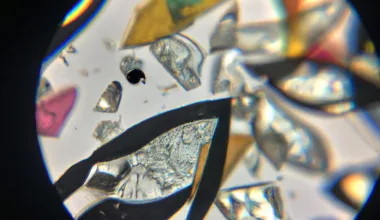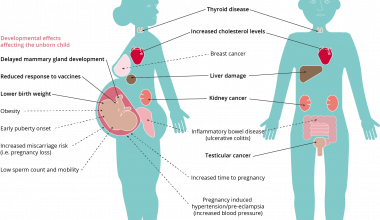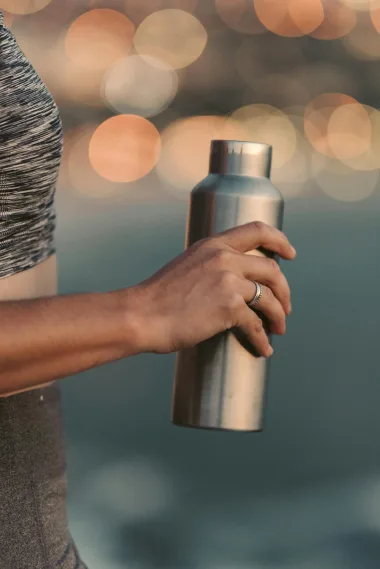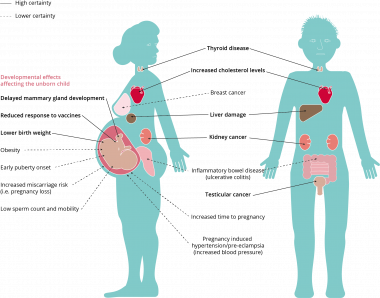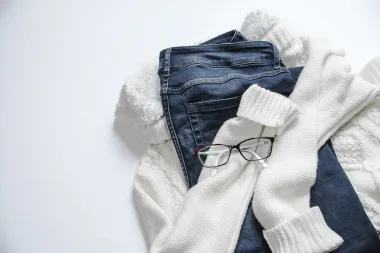Last Updated on January 10, 2024 by Ecologica Life
Many of us have become accustombed to recycling our plastic. Putting plastic bottles in the bin might make you feel good. You may have even been pleasantly surprised when you bought a plastic bottle at the store that was made of “50%, “70%” or even “100%” recycled plastic.
The truth is, recycling plastic is certainly better for the planet than producing more. With global plastic production expected to triple by 2050, we are certainly right to look at recycling and circular economy options.
However according to a new study, recycled plastic bottles may release far more dangerous chemicals into their contained liquids than those that do not. The researchers showed that some recycled water bottles had unsafe levels of 18 different chemicals one of those was Bisphenol A (BPA), which among other health concerns can cause cancer, cardiovascular issues and reproductive difficulties.
The researchers state that plastic chemicals can leak from plastic during the recycling process. These chemicals can then leak into the liquids that they contain. In 2018 when the EU approved over 100 new plastic recycling practices, many environmental groups warned that these practices were not going to stop dangerous amounts of chemicals leaking into food containers. Despite this, the European Food Safety Authority claimed that these processes would be risk free.
PET (polyethylene terephthalate)
The thermoplastic PET (polyethylene terephthalate) is the third most widely used type of plastic in food and drinks packaging. It is often used in single-use drinks bottles. These single-use bottles are also among the most common types of plastic litter, which has consequently sparked several campaigns to boost PET recycling rates.
By 2030, PET bottles must include at least 30% recycled material, according to a recent EU directive. However, PET is also known for being a source of a number of hazardous chemical pollutants, such as Bisphenol A (BPA).
The researchers are calling for the recycling process to be reformed with what they are calling a ‘super clean’ recycling process. Plastics are already cleaned before recycling, this process called for a three-step process where plastics are cleaned with high-temperature, gas and chemical processes. They suggest that this process would reduce the levels of chemical contamination to that of virgin plastics.
Reduce, Reuse and … Recycle?
Unfortunately, recycling plastics alone won’t solve our problems, and pose just as much a health risk, if not more than regular plastics.
As time goes by, plastic degrades, this process can take 1000s of years. During that time, dangerous chemicals and microplastics (plastics smaller than 5mm in length) are released. We have just discovered the presence of microplastics in our oceans, in infant milk bottles, and even in our blood.
There are huge amounts of microplastics everywhere, and scientists are still unsure what the potential health effects of this are. Although it is reasonable to assume that microplastics do not belong in our blood.
It is currently estimated that the average person consumed up to a credit cards worth of microplastics each week. With all the plastic that has yet to degrade and all the plastic we are going to produce, this number is going to skyrocket.
What can I do?
The key to reducing the amounts of plastic pollution we and our loved ones are exposed to is reducing the amount of plastic we buy and use. This may sound difficult; plastic is everywhere and so convenient. We use it for everything.
However, you must think that humanity survived for millennia without the use of any plastic. We have glass, stainless steel, linen, and many other materials that do not pollute and put our health at risk like plastic does.
YOU the consumer can make a change. By taking informed decisions on the products you buy, you will be change we need to see in the world. Every time you swap a single use plastic product for a glass, stainless steel one that will last you a lifetime, YOU will be the change the world needs to see, while also leading a healthier lifestyle all at the same time.
Is it important that we wean off plastic products. Plastics are even being recycled into clothing but as we have already said, recycling plastic is not the solution.
If you would like a more detailed guide to reducing microplastic exposure in your life. Read our tips to avoid microplastics article.

